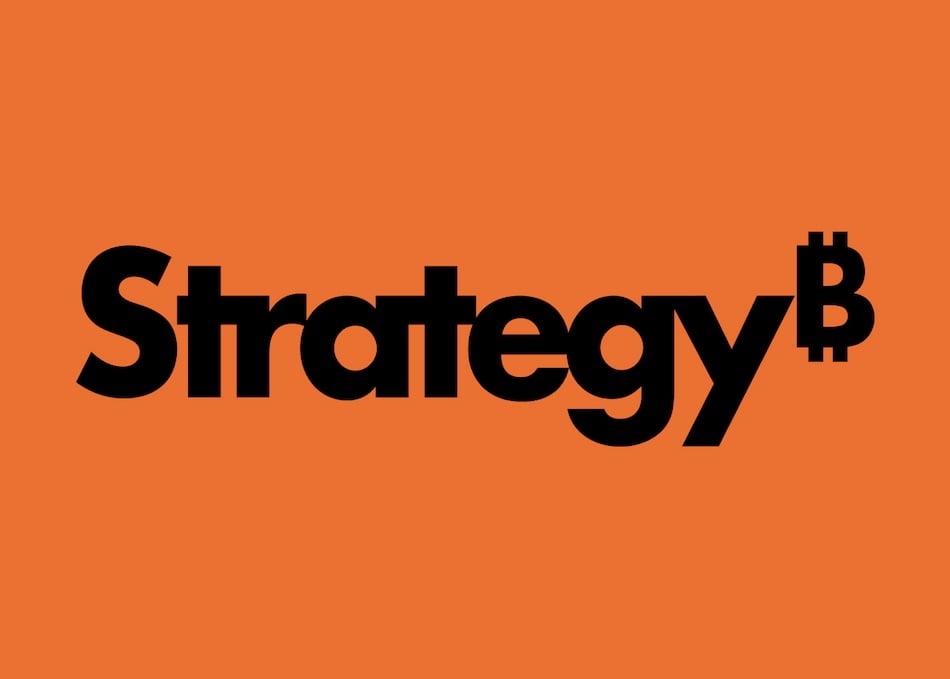
Key Takeaways
- Strategy purchased 10,100 BTC for $1 billion amid Israel-Iran tensions.
- The company's total holdings now reach 592,100 BTC at an average cost of $70,666 per coin.
- Strategy's new STRD preferred stock launched on Nasdaq, aiming to raise $250 million for further bitcoin purchases.
Michael Saylor’s Strategy, recognized as the world’s largest corporate holder of bitcoin, has announced the purchase of 10,100 BTC for $1 billion during the week ending June 16, 2025, amid escalating conflict between Israel and Iran.
The company acquired the coins at an average price of $104,080, capitalizing on a dip from $110,000 to a low of $103,639 following news of Israeli strikes on Iranian nuclear facilities. This marks Strategy’s second major bitcoin acquisition in June, increasing its total holdings to 592,100 BTC—acquired for a cumulative $41.8 billion at an average price of $70,666 per coin. For a detailed look at Strategy’s historical and current bitcoin holdings, see MicroStrategy bitcoin holdings.
Strategy’s STRD launch
The announcement comes just after the debut of Strategy’s third bitcoin-backed preferred stock, STRD, on the NASDAQ.
Through this offering, Strategy aims to raise $250 million with the issuance of 2.5 million shares of its 10% Series A Perpetual Stride Preferred Stock at $100 per share.
The proceeds are earmarked for further bitcoin accumulation.
Bitcoin yield targets and Metaplanet
Following the latest purchase, Strategy’s year-to-date BTC yield climbed to 19.1%, moving closer to its 25% target for 2025.
The quarter-to-date yield stands at 7.4%.
Saylor also congratulated Japanese firm Metaplanet for reaching a milestone of 10,000 BTC, as the company pursues a goal of 100,000 BTC by 2026.
For more on Metaplanet’s bitcoin reserves, see Metaplanet bitcoin holdings.
Caution from analysts
Despite Strategy’s aggressive accumulation, analysts such as Matthew Sigel of VanEck and Standard Chartered have cautioned that large bitcoin holdings relative to company market caps can introduce risk.
Sigel noted:
“If the stock trades at or near NAV (net asset value), continued equity issuance can dilute rather than create value.”




